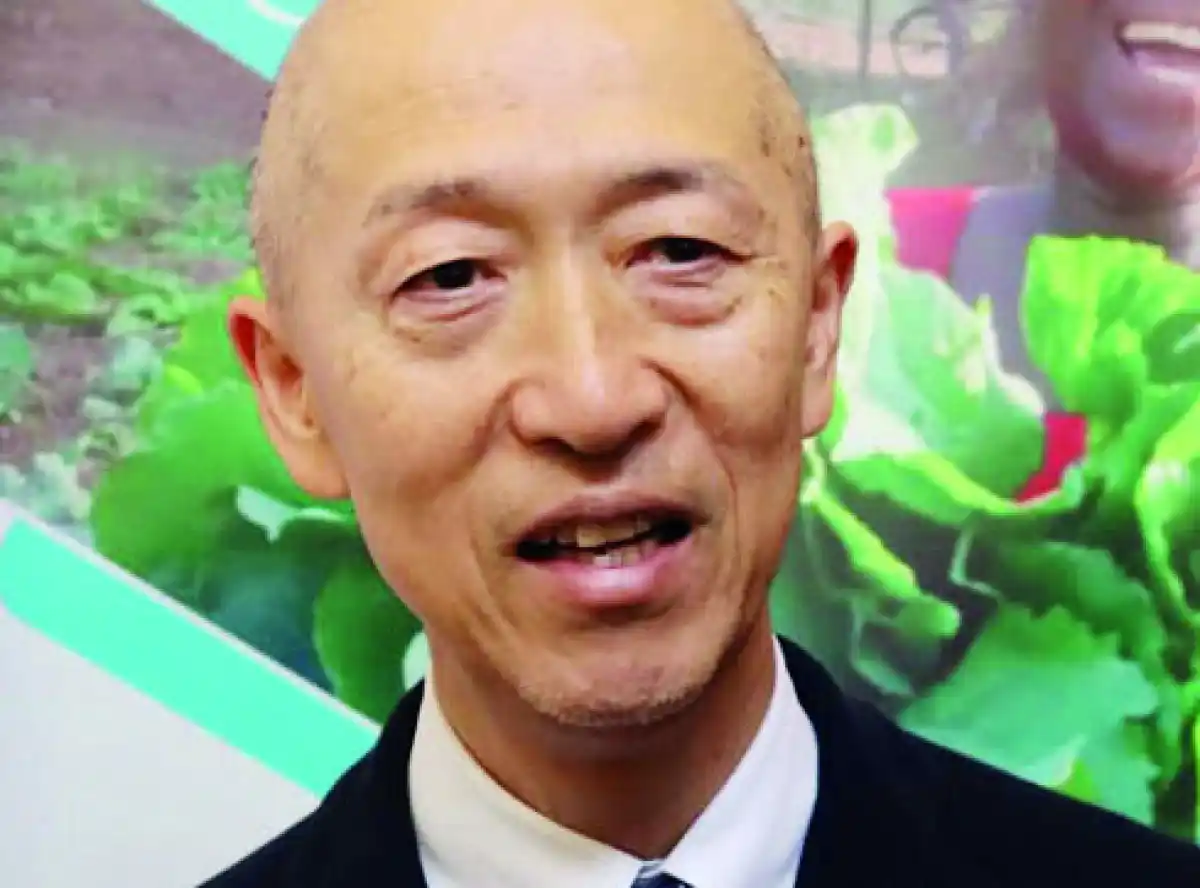
By Kingsley Jassi:
Japan has expressed desire for increased trade and investment exchange but remains concerned about business risks in the country.
Japanese Ambassador Yoichi Oya, speaking on the sidelines of a Japan-Malawi business seminar in Lilongwe, said Japanese companies were cautious when considering offshore investment opportunities.
Available data show that the two countries recorded a trade volume worth $108 million in 2023, with Japan enjoying a positive trade balance with $82.1 million in exports, largely consisting of vehicles.
In the same year, Malawi exported goods worth $18.7 million to Japan, mainly coffee, tobacco and nuts.
Currently, Japan is looking for sesame exports from Malawi this year to cover its production deficit.
However, the ambassador challenged Malawi to create conditions that would attract more Japanese companies to set up ventures, which would boost trade while expanding the country’s industrial base.
“Attracting investment is one of the key solutions to minimise the challenges of this country. We, as the Japanese embassy, are working hard to attract Japanese companies to invest in Malawi.
“The investment environment of this country is still not comfortable for Japanese companies, maybe other investors as well, compared to surrounding counties. Especially for Japanese companies, they are very risk-averse; it’s difficult to bring them to Malawi because they perceive it as risky,” Oya said.
Oya cited regulations and infrastructure as main challenges, noting that while there had been attempts to share ideas with the authorities, there had not been direct engagements on the issue.
With the upcoming Tokyo International Cooperation for African Development (TICAD) summit set for August, Oya hopes Malawi will seize opportunities on display.

Meanwhile, Industry and Trade Minister Vitumbiko Mumba has said the government is removing obstacles to ensure investors thrive when setting up businesses.
“The key thing that government is doing is creating a conducive environment to allow the private sector to flourish. The President [Lazarus Chakwera] recently launched the Private Public Dialogue Forum and the Finance Minister [Simplex Chithyola Banda] and I are co-chairs. The idea is that whatever obstacles exist, we should together come up with solutions,” Mumba said.
Official data show that Malawi’s industrial output decreased in 2024, with food manufacturing declining by 14 percent compared to 2021 levels, although there was an annual increase of 8.8 percent during the year.
According to the Ministry of Finance and Economic Affairs, the manufacturing of beverages and chemicals saw drops of 35.6 percent and 29.3 percent, respectively.








0 Comments